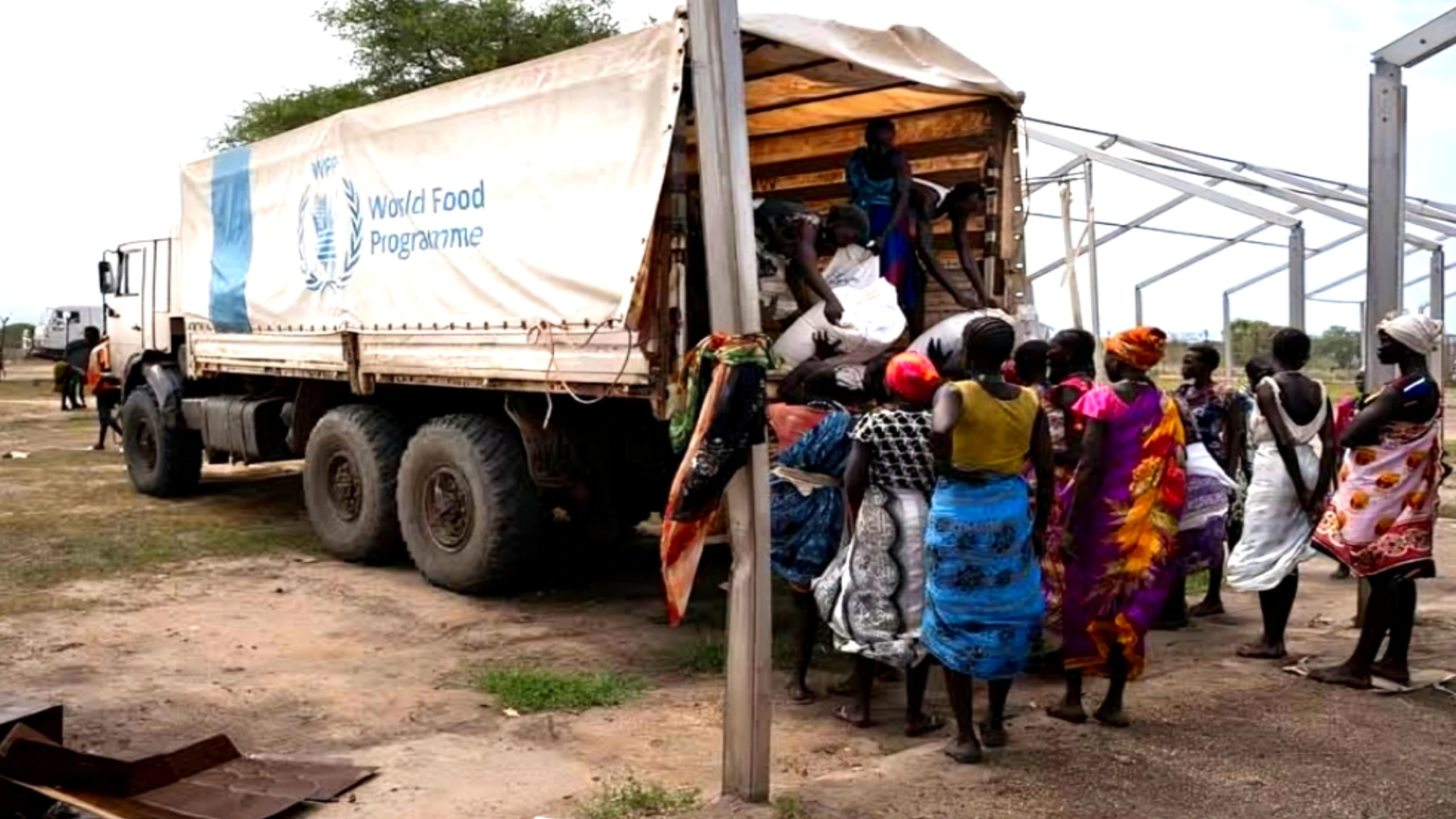Report: The Internet Watch Foundation (IWF) has raised alarm over a surge in child sexual abuse material (CSAM) hosted across European Union member states, according to its latest annual report.
Findings revealed that in 2024, 62% of all CSAM webpages detected by the IWF were hosted within the EU. The Netherlands topped the list globally, with over 83,000 URLs linked to illegal content. Other countries such as Bulgaria, Romania, Lithuania, and Poland also recorded significant increases in hosting such material.
In total, more than 291,000 reports of child sexual abuse images and videos were confirmed last year — the highest figure recorded to date. Each report reviewed could include one or thousands of illegal images or videos, the IWF stated.
"This crisis demands immediate action. Children are in urgent need of stronger online protections," said Derek Ray-Hill, Interim CEO of the IWF. "The scale of these findings should be a wake-up call for EU governments to move swiftly and collectively on this issue."
The majority of abuse victims depicted were children aged between 7 and 10 years old, followed by those aged 11 to 13. Girls were nearly four times more frequently featured than boys.
The IWF also reported a growing threat from artificial intelligence (AI), with nearly 39% of detected CSAM showing the most extreme forms of abuse created using AI technologies.
Separate research from 2023 by International Justice Mission and the University of Nottingham Rights Lab revealed that nearly half a million Filipino children — about 1 in every 100 — have been victims of online sexual exploitation.
Lori Cohen, CEO of Protect All Children from Trafficking (PACT), highlighted that much of this abuse is fueled by demand from men in the U.S., UK, Australia, Canada, and Europe, with abusers paying as little as £15 (€17.56) to engage in online abuse.
A separate initiative by the Tech Coalition — a group of over 40 companies including Meta, Discord, and Nintendo — reported finding more than 7,000 pieces of CSAM during 2024. Coalition president Sean Litton emphasized that wider adoption of tools such as image and video hashing helped in identifying and removing abusive content more efficiently.
However, Cohen stressed that tech companies must face greater accountability: "They must act decisively and implement proactive safeguards."
Meanwhile, the EU is in the process of updating its outdated 2011 legislation on child sexual abuse online. A February 2024 proposal seeks to broaden criminal offenses to include AI-generated material, introduce harsher penalties, and enhance law enforcement capabilities. However, discussions in the European Parliament and the Council have sparked debates around privacy and digital rights.
Ray-Hill urged lawmakers to adopt the new Child Sexual Abuse Regulation without delay, stressing that the EU must not become a "safe haven" for abusers.








